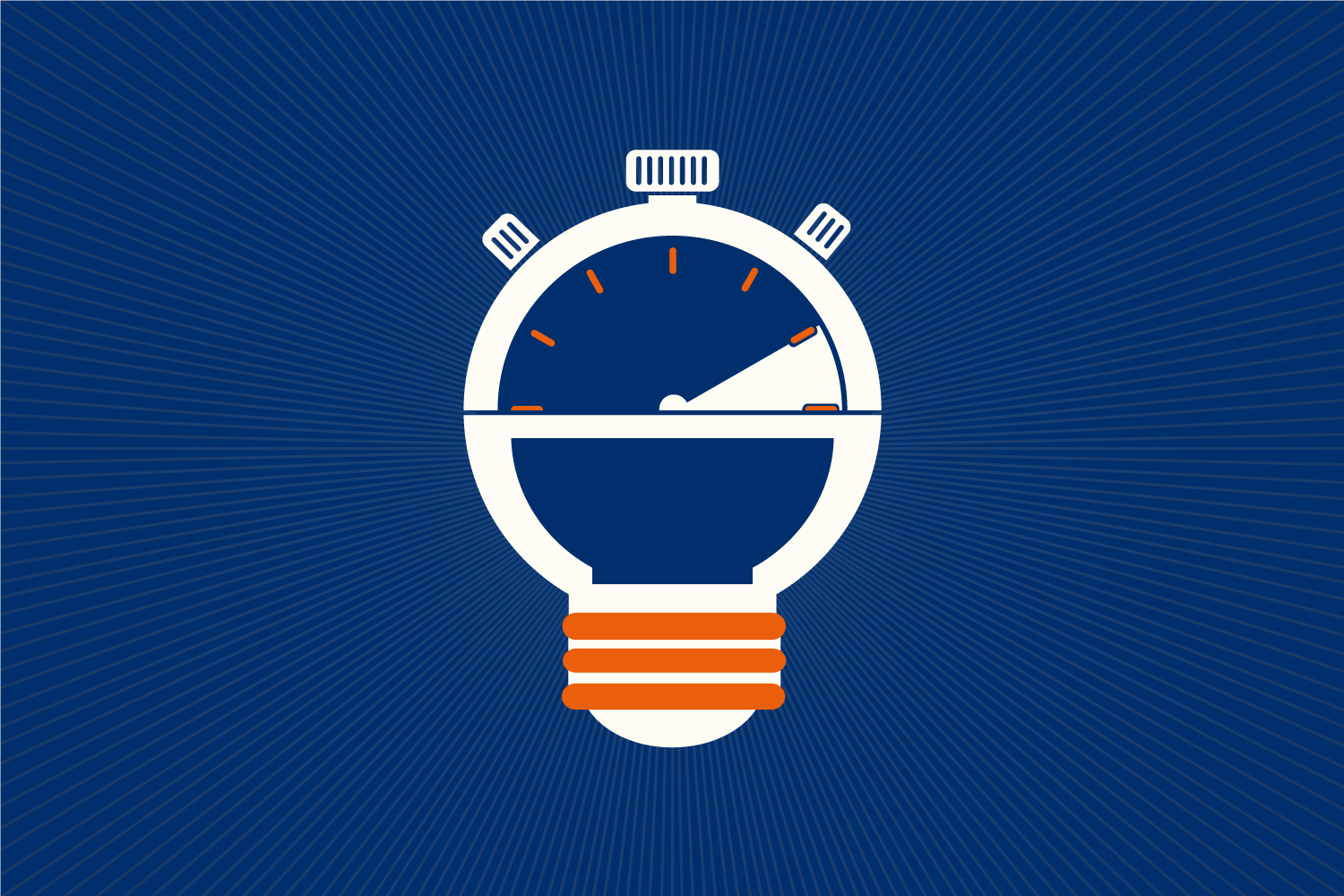The University of Virginia will seek to reduce the electricity it draws from the power grid for one hour on Thursday, as a drill to reduce stress on the electrical grid.
From 2 to 3 p.m., the University will reduce electricity use by turning off unnecessary equipment during what the Office for Sustainability calls “UVA Saves Hour.”
“This program, also known as the Demand Response Program, is designed to reduce stress on the electric grid during the peak electric demand times in the summer months,” said Nina Morris, sustainability program manager for outreach and engagement for the Office for Sustainability.
This marks the eighth straight summer that UVA has participated in the program.
The load-shedding will occur in several ways, such as shutting down unnecessary air handlers and temporarily cooling buildings using reservoirs of cold water. Employees are also asked to minimize electric use in their work areas.
“Some items to consider are fans, lights, peripheral monitors, cell phone chargers and printers,” Morris said. “If you’ll be away from your office during that time, please consider powering down your computer and other electronics.”
She also suggested that workers could schedule a 15-minute fitness break or organize a walking team meeting during UVA Saves Hour, turning off their office equipment while away from their desks. The Demand Response Program is administered by the Virginia Department of Mines, Minerals and Energy. It is designed as a practice run, so that in a case of grid distress, UVA will be prepared to reduce its electricity consumption.
A grid distress situation could be declared if heavy use of electricity threatens to cause outages, such as on a very hot summer day when everyone with an air conditioner is using it. UVA’s participation, along with that of other users, will reduce demand and help avert a blackout.
“We want people to be more conscious of their energy consumption for that hour,” said Jesse Warren, UVA Facilities Management’s sustainability program manager for buildings and operations. “We hope that, through this exercise, people will realize they can operate normally using daylight instead of room lights and by moving their meetings out to the picnic table.”
Morris suggested using power management settings on all equipment, turning off lights in unoccupied spaces and closing window blinds to reduce solar heat gain in buildings.
While employees are asked to reduce their consumption of electricity at work as much as possible, Morris said, the functions of the University would continue, with no effect on patient care or research activities.
Media Contact
Article Information
June 21, 2016
/content/uva-seeks-slash-electric-demand-one-hour-energy-reduction-drill

